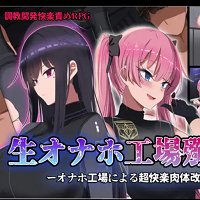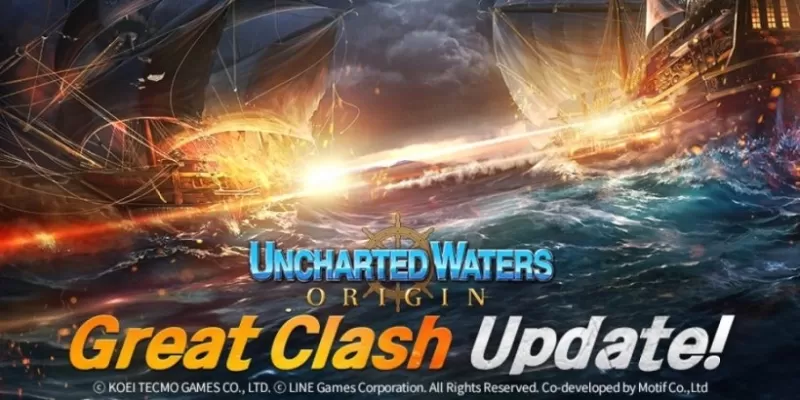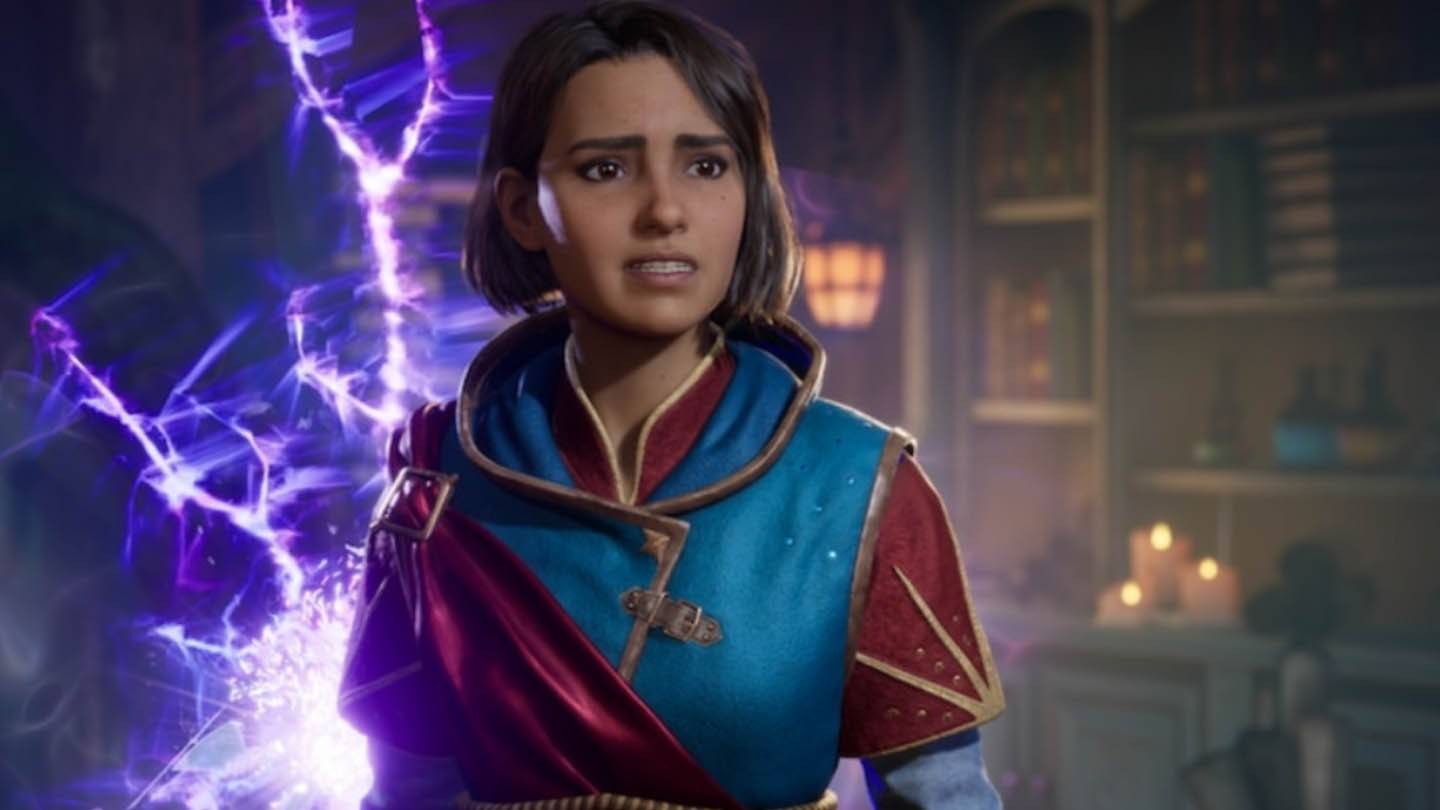
Just days after its much-anticipated release on March 6, 2025, the cooperative adventure game Split Fiction from the creator of It Takes Two has become a victim of piracy. Launched across multiple platforms, including PC via Steam, the game quickly garnered critical acclaim and positive early reviews. However, its absence of robust DRM (Digital Rights Management) protection, particularly the omission of Denuvo, a widely used anti-tamper technology, made it an easy target for hackers. Within days, unauthorized copies of Split Fiction were circulating on piracy platforms, allowing users to access the full game without purchasing it.
This incident underscores the ongoing challenge developers face in balancing game protection with player accessibility and performance. While many gamers appreciate the absence of intrusive DRM systems like Denuvo, this decision left Split Fiction vulnerable to exploitation shortly after its launch.
Split Fiction, developed by the creative genius behind It Takes Two, has been lauded for its innovative cooperative mechanics, engaging narrative, and stunning visuals. Early feedback on Steam from players reflects this enthusiasm, with many praising the game as a worthy follow-up to Josef Fares’ previous work. The game offers a unique cooperative journey, combining clever puzzles, heartfelt storytelling, and dynamic gameplay. Its success among legitimate buyers highlights the potential impact of piracy on sales and the developer's revenue.
The decision to forgo Denuvo in Split Fiction has reignited debates about the role of DRM in modern gaming. While some argue that DRM can negatively affect game performance and frustrate legitimate players, others see it as a necessary measure to combat piracy. In the case of Split Fiction, the lack of DRM may have facilitated its rapid compromise, prompting questions about whether Electronic Arts underestimated the swift action of hackers.
 Home
Home  Navigation
Navigation






 Latest Articles
Latest Articles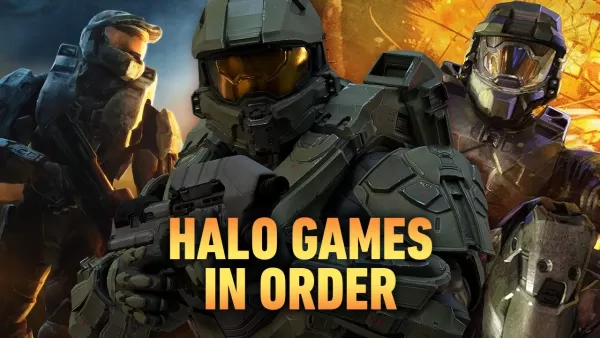

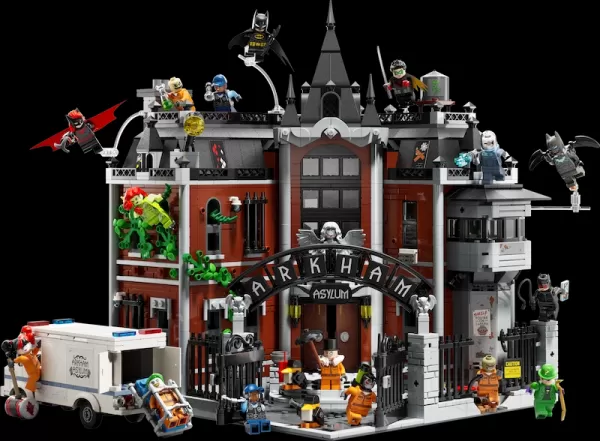





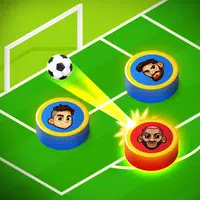
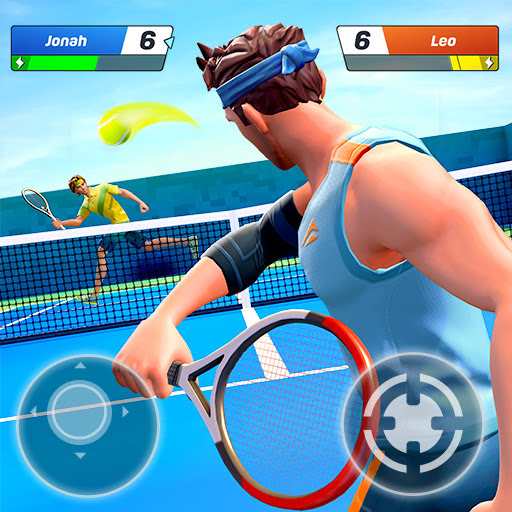

 Latest Games
Latest Games





